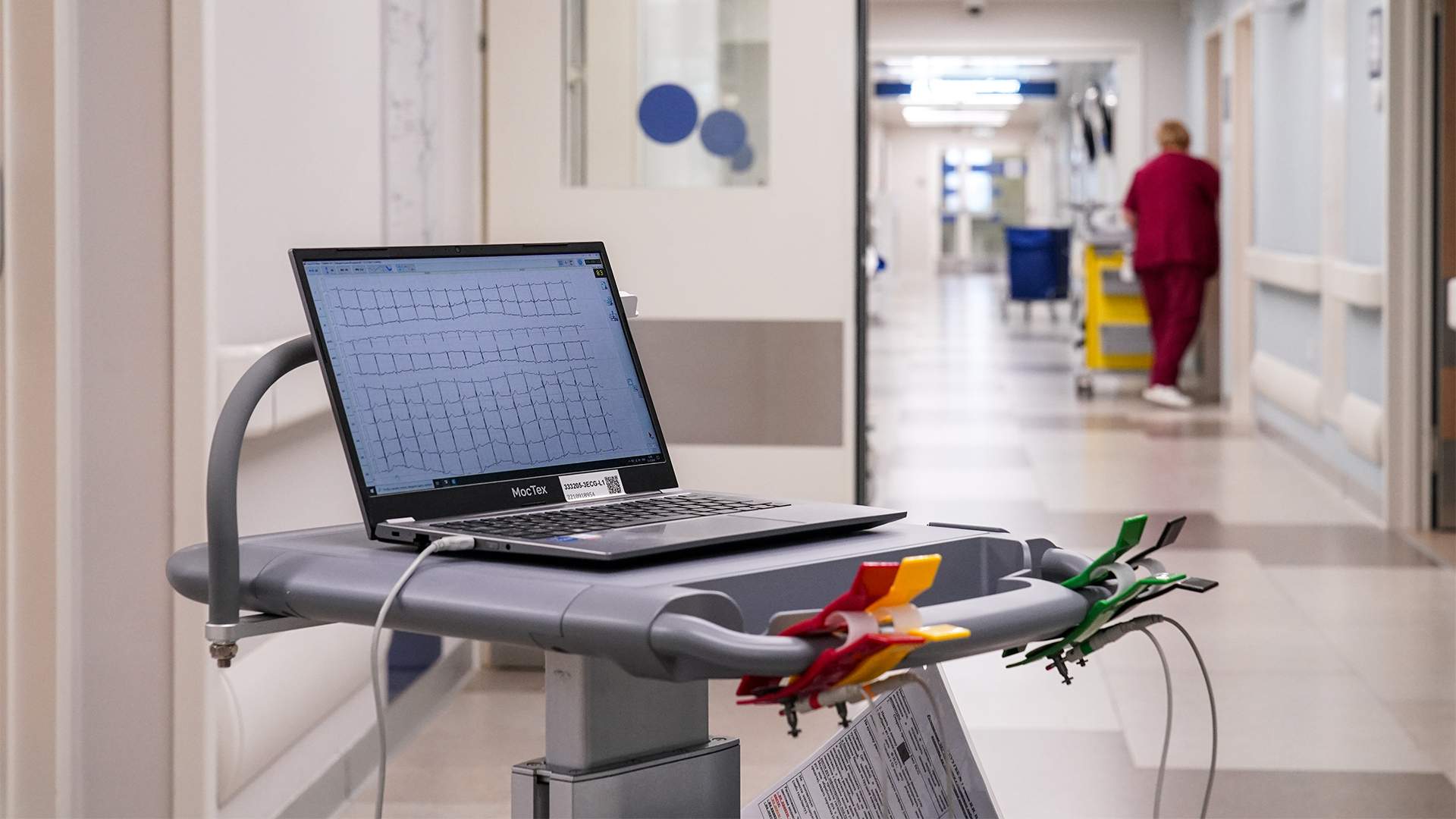- Статьи
- Science and technology
- Neural network of clinics: AI will monitor heart complications after chemotherapy
Neural network of clinics: AI will monitor heart complications after chemotherapy

Russian scientists have developed a technology for remote monitoring of heart complications in patients after treatment of malignant tumors with chemotherapy. According to statistics, problems with the cardiovascular system occur in almost half of these patients. Doctors have suggested using portable electrocardiographs to monitor their condition, the readings from which are analyzed by artificial intelligence. During the tests of the technology with the participation of 122 patients, the diagnostic accuracy was 89.3%. The method will help improve the quality of life of cancer patients, experts believe, but further research is needed to make clear conclusions about its effectiveness and safety.
Remote monitoring of heart complications
Sechenov University specialists have developed a remote monitoring method to detect heart complications in patients undergoing chemotherapy. Doctors installed portable electrocardiographs for the patients, which took readings 20 times a day. The data was then automatically analyzed using a specially designed machine learning algorithm.
— The diagnostic accuracy of the created model using single-channel remote ECG monitoring is 89.3%. Its introduction into existing treatment standards could significantly reduce mortality and prevent serious complications. If violations are detected in a timely manner, a more appropriate treatment regimen can be selected, medications that protect the heart can be used, and the patient can be monitored more closely. There are many ways to help a patient, the main thing is to find out in time that he needs help," said Philip Kopylov, director of the Institute of Personalized Cardiology at Sechenov University.
According to the institute's research, almost half of cancer patients after the first course of chemotherapy face various complications from the cardiovascular system. During the development of the diagnostic technique, scientists observed 122 patients who were diagnosed with malignant neoplasms for the first time.
13.6% of patients showed signs of transient myocardial ischemia, 22.9% had cardiac arrhythmias, 46.7% had impaired diastolic function of the left ventricular myocardium, and 6.5% had thrombotic complications. 17.2% of patients required hospitalization in the cardiology department. The scientists also determined which chemotherapy regimens were more likely to cause certain complications: patients who received three drugs at the same time were most susceptible to cardiotoxicity.
"During our study, we observed that almost half of cancer patients show early signs of cardiotoxicity after the first course of chemotherapy, including impaired systolic and diastolic function of the left ventricular myocardium," said Zaki Fashafsha, senior researcher at the Institute of Personalized Cardiology and lead author of the study.
Why it is necessary to continue research
Doctors expect that their proposed diagnostic approach will help reduce mortality and make chemotherapy safer. In the future, scientists will have to continue monitoring a larger sample of patients, as well as evaluate the effectiveness of cardiac monitoring for various types of cancer and antitumor therapy regimens.
— The problem that colleagues are dealing with is really relevant and very important for modern healthcare. Using this method in the future will improve the quality of oncological care for patients in Russia," said Igor Davydkin, head of the Department of Hospital Therapy with courses in Hematology and Transfusiology at SamSMU, chief freelance hematologist at the Ministry of Health of the Samara Region.
According to Stanislav Stragnov, head of the laboratory for the analysis of public health indicators and digitalization of healthcare at MIPT, it is too early to draw conclusions about the effectiveness of the method.
— The desire of the developers of the method to make life easier for patients is understandable. It is logical that the more the patient receives chemotherapeutic drugs, the more the toxicity affects him. However, by and large, the study has only just begun, and for reliable conclusions it is necessary to wait for its results," he said.
At the moment, there are still questions about the proposed method and the interpretation of the data obtained, said Vadim Pokrovsky, Head of the Department of Biochemistry named after Academician T.T. Berezov RUDN University. It is not yet clear to what extent the presented results are unambiguously related to the cardiotoxicity of chemotherapy, and not to other factors such as age-related changes or concomitant diseases. In addition, additional information is required on the compatibility of the proposed method with current treatment standards, he concluded.
Переведено сервисом «Яндекс Переводчик»






